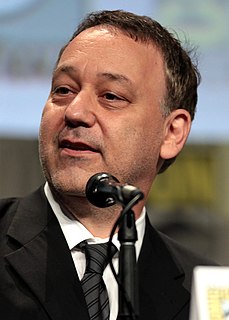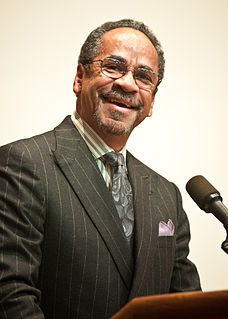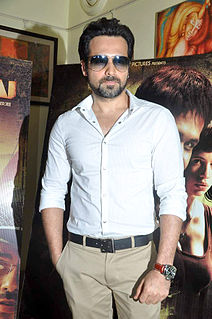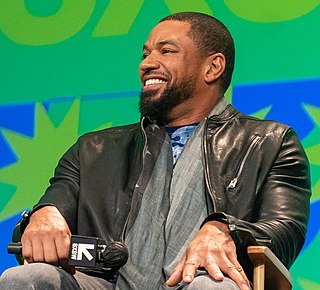A Quote by Thelma Schoonmaker
When you're in a movie with an audience, you can feel where a film is dragging. People start to move. They fidget. You need that perspective. To give it a cold eye.
Related Quotes
Just the life of doing what I do, being in the public eye, it's a stressful environment... You feel strange, self-aware, very foolish. Your third eye clicks on, just to try to maintain a healthy sense of perspective, and you think, 'What am I doing here? I'm just making a movie, and people want all these things from me.'
The idea of watching an entire film basically from one person's perspective - and not even really from their perspective, but [it's] probably the most intimately shot film that's in any of these categories. If you're not familiar with Son of Saul, basically it's a film about a Jewish guy who's in concentration camp, but he helps dispose of the bodies after they leave the gas chamber. So, you watch the entire movie looking at Saul's face and looking at his interactions with people.
Listen to your conscience regarding something that you simply know you should do, then start small on it - make a promise and keep it. Then move forward and make a little larger promise and keep it. Eventually you'll discover that your sense of honor will become greater than your moods, and that will give you a level of confidence and excitement that you can move to other areas where you feel you need to make improvements or give service.
The first thing I say when people ask what's the difference [between doing TV and film], is that film has an ending and TV doesn't. When I write a film, all I think about is where the thing ends and how to get the audience there. And in television, it can't end. You need the audience to return the next week. It kind of shifts the drive of the story. But I find that more as a writer than as a director.


































